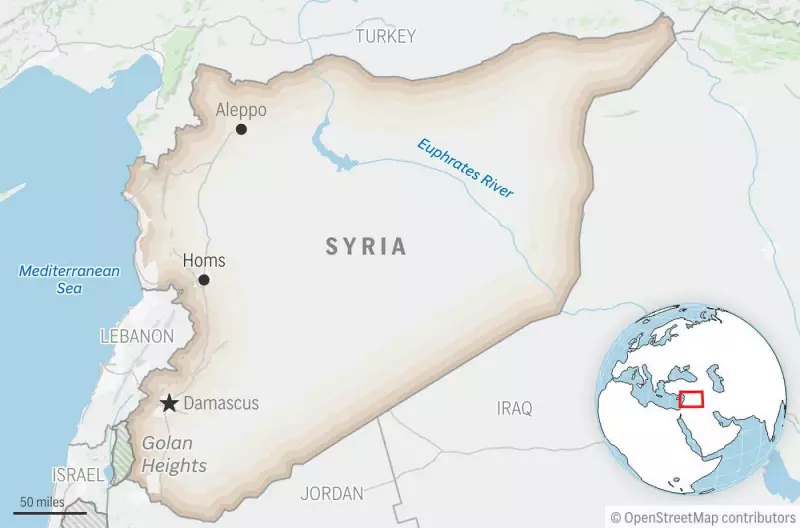
In a remarkably candid diplomatic statement that has sent shockwaves through international circles, a top United States envoy has delivered a devastating verdict on Lebanon's current condition, officially declaring it a failed state.
A Nation in Freefall
The assessment comes from Dorothy Shea, the U.S. Ambassador to Lebanon, who didn't mince words when describing the country's precipitous decline. "We are witnessing the complete unraveling of a nation," Shea stated during her revealing interview. "What we're seeing in Lebanon today represents the very definition of state failure."
The Roots of Collapse
According to Shea's analysis, Lebanon's descent into failure stems from multiple catastrophic factors working in tandem:
- Political paralysis that has prevented the formation of a functioning government
- Economic implosion with currency devaluation exceeding 90%
- Institutional breakdown across essential services including electricity, healthcare, and security
- Basic service collapse leaving citizens without reliable power, medicine, or fuel
Humanitarian Catastrophe Unfolding
The ambassador painted a grim picture of daily life for ordinary Lebanese citizens. "We're talking about a population that cannot access their life savings, that spends hours in line for gasoline, that lacks reliable electricity for basic needs," Shea emphasized. "This isn't just an economic crisis—it's a complete breakdown of the social contract."
International Response and Accountability
Shea placed responsibility squarely on Lebanon's political leadership, accusing them of prioritizing personal interests over national survival. The ambassador's comments signal a significant shift in international diplomatic language toward Lebanon, moving from concerned observation to explicit condemnation of the country's governance failures.
The declaration carries profound implications for Lebanon's international standing and potential aid structures, as the characterization of state failure could trigger different forms of international intervention and support mechanisms.





